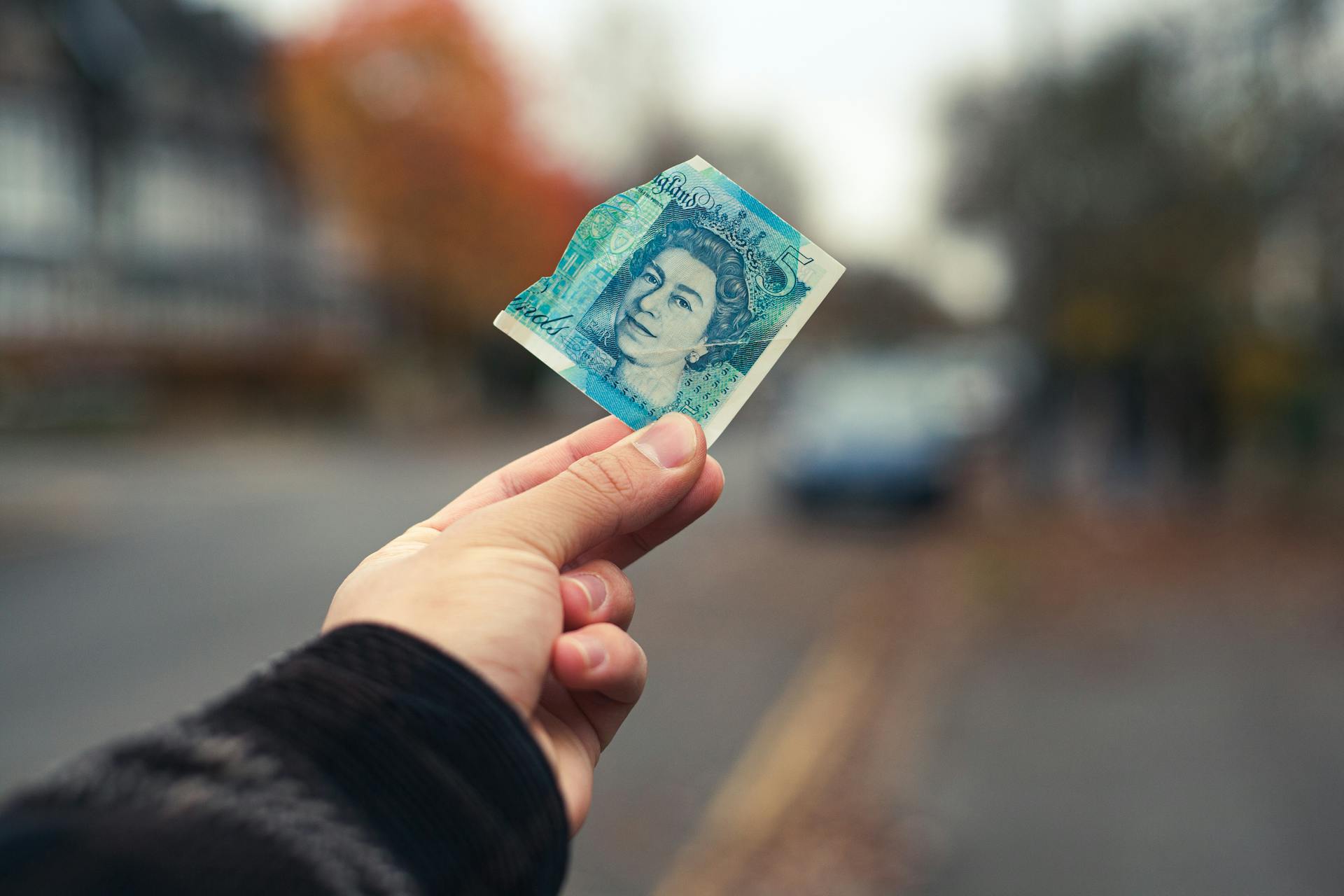While many of us are used to tapping our contactless cards, imagine if someone was stopping you from accessing your bank account or monitoring every transaction? What if you needed to take a train to reach safety, but as you only had cash you couldn’t buy a ticket from the machine?
For the millions of women experiencing economic abuse, cash isn’t merely a preference – it can literally be the difference between life and death.
Yesterday, the Treasury Committee released its findings from the recent inquiry into the acceptance of cash. During the inquiry, Surviving Economic Abuse, alongside Southall Black Sisters and a group of victim-survivors, gave evidence to the Committee.
Our message was clear and unified – cash is central to victim-survivors’ safety and survival.
In the last 12 months, nearly one million women in the UK were prevented from fleeing a dangerous partner because of economic abuse. Economic abusers trap victim-survivors by restricting their access to money and independent bank accounts. Many victim-survivors are often left unable to buy food or essentials for themselves and their children or even pay for the bus ticket they need to flee.
The impact of our increasingly cashless society is wide-reaching. For one victim-survivor we work alongside, the abuser would control the amount of money on the ParentPay card, which is used by schools to pay for children’s school lunches. Because of the abuser’s control, she only had access to the cash she’d secretly saved and no means to top up the card, often leaving her child unable to buy food and going hungry.
Some victim-survivors secretly build up cash to help them and their children flee, but many do not even have the chance to plan or save. When victim-survivors are forced to flee, they may have no choice but to leave with only the clothes on their backs and a few pounds in their pockets.
With abusers exploiting their access to victim-survivors’ bank accounts to track what they spend and where they go, using cash can be the only safe option for women desperately trying to keep their location secret from an abuser. Suddenly, cash doesn’t seem quite as useless and outdated, does it?
Cash can be a lifeline for victim-survivors of economic abuse, giving them access to the businesses and public services they need to escape dangerous abusers and pay for essentials for themselves and their children. But in this increasingly cashless society, routes to safety are being cut off, leaving many trapped or facing insurmountable barriers to rebuilding their lives.
And for one group, cash is particularly vital. Migrant victim-survivors are blocked from opening an independent bank account because of unclear immigration rules. Cash is quite literally the only tool at their disposal to enable them to flee and stay fled. But at least here, there is a simple solution.
If the Government provided statutory guidance to financial services firms, legally recognising domestic, including economic, abuse as a “legitimate barrier” to leaving the UK, then migrant victim-survivors could open a basic independent bank account while awaiting the outcome of their application for leave to remain.
More widely though, if the Government is committed to halving violence against women and girls in a decade, it must make sure that we don’t sleepwalk into a society where some of its most vulnerable are trapped with dangerous abusers. To protect the safety and survival of all economic abuse victim-survivors, the Government must ensure that parts of the economy always accept cash, especially the businesses and public services victim-survivors rely on to flee an abuser.
Whether you use cash yourself or not, no one can deny that all victim-survivors should have the means to flee for a chance to live a life free from abuse.
For further information or to arrange an interview with a SEA spokesperson, please contact the Surviving Economic Abuse press office on: [email protected] / 07786 073249

